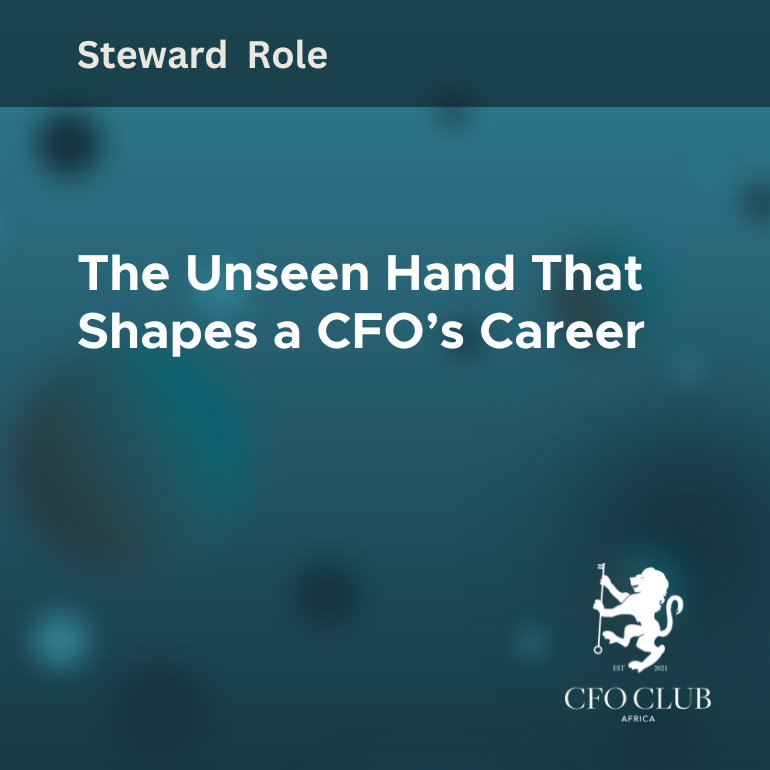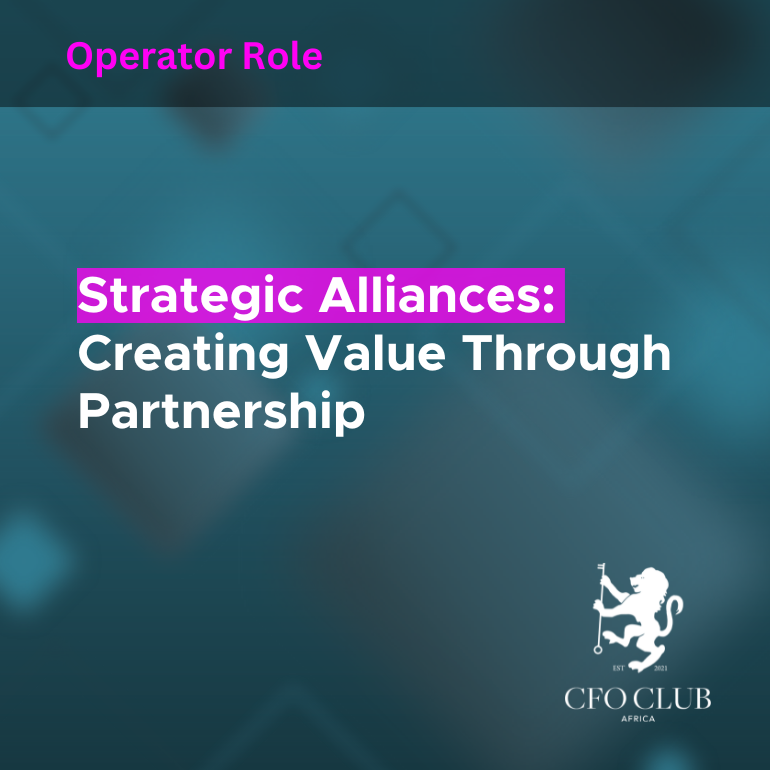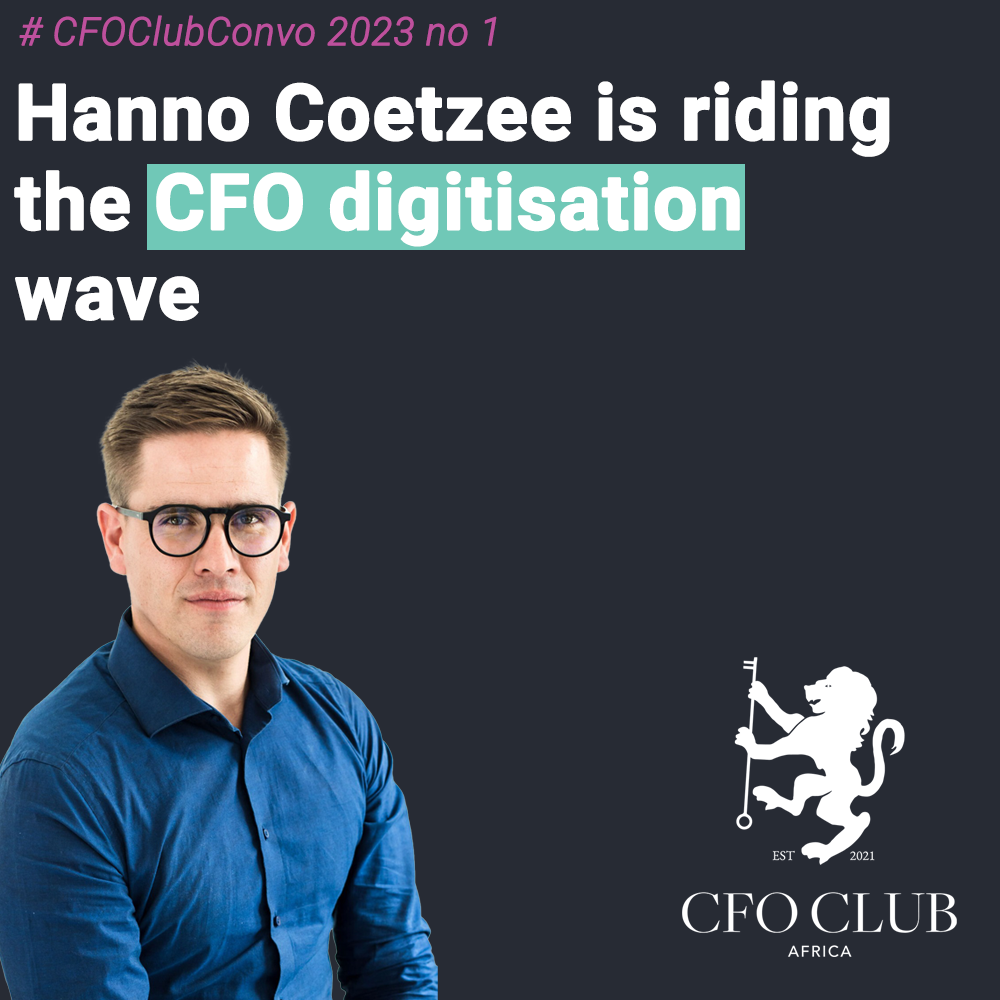The Unseen Hand That Shapes a CFO’s Career
The Unseen Hand That Shapes a CFO’s Career
You’re in a packed boardroom. Voices are raised. A deal is on the line. Someone looks to you for a decision, and somehow, you know exactly what to do. Not because of a course. Not because of a checklist. But because of a conversation you once overheard, a moment you observed in silence, or something you felt in your gut thanks to an experience that didn’t feel important at the time.
This is the reality of the CFO journey. It rarely follows a straight path. It bends and swerves through unexpected turns, quiet lessons, and people who shape you without even trying. They’re not called mentors. They may not know your name. But they’ve left a mark.
The Mentors We Don’t Talk About
Formal mentors are rare in finance. Yet every CFO has a story of someone who changed their trajectory without ever handing over a development plan. A sharp-tongued plant manager who drilled the importance of inventory control. A patient executive who took the time to explain EBITDA in a way that made sense. A client who challenged you so hard you had no choice but to grow.
These are the invisible mentors. They show up in small, unspectacular moments. In the way someone handles stress. In the way they lead a meeting. In how they prioritise people over process, or values over speed. You watch. You absorb. And before you know it, you are doing it too.
What makes these mentors powerful is their unintentional impact. They don’t try to teach. They just live the standard. And by doing so, they raise yours.
The Power of Unexpected Opportunities
Some of the most pivotal moments in a CFO’s career happen by accident. A short secondment turns into a promotion. A rejected job offer leads to a better fit. A conversation at a networking breakfast changes the course of your thinking.
This is serendipity. It rewards curiosity, openness, and courage more than control. A CFO based in Johannesburg once shared how he was sent to troubleshoot a struggling branch in Durban. It was supposed to be two weeks of damage control. Instead, he stayed six months, rebuilt the team, redesigned the reporting process, and was later offered the national CFO role. He didn’t see it coming. But when it came, he said yes.
There is no formula for these moments. But if you pay attention, you’ll start to notice the pattern. They show up when you stay open to experiences that fall outside the plan. They happen when you listen more than you speak. When you step forward into something slightly uncomfortable and trust your ability to grow inside it.
What This Means for You
Technical skill matters. Financial acumen matters. But what often matters more is your ability to stay teachable, to notice the wisdom in unexpected places, and to see relationships not just as transactions but as doorways to new ways of thinking.
You might already be someone’s invisible mentor. The junior accountant who watches how you respond to a mistake. The team that sees how you push back in a board meeting. The colleague who sees how you ask good questions instead of making assumptions. These things build culture. They shape careers.
At CIBA, we understand the path to CFO is not just made of qualifications and technical checkboxes. It’s made of people, moments, choices, and a willingness to stay human in a numbers-driven world.
Reflect on your journey. Acknowledge the silent guides who got you here. And when the next unexpected moment appears, remember: that could be the one that changes everything.





